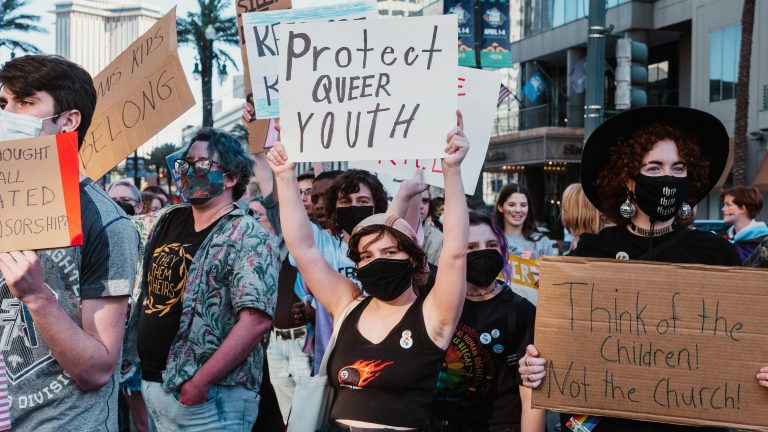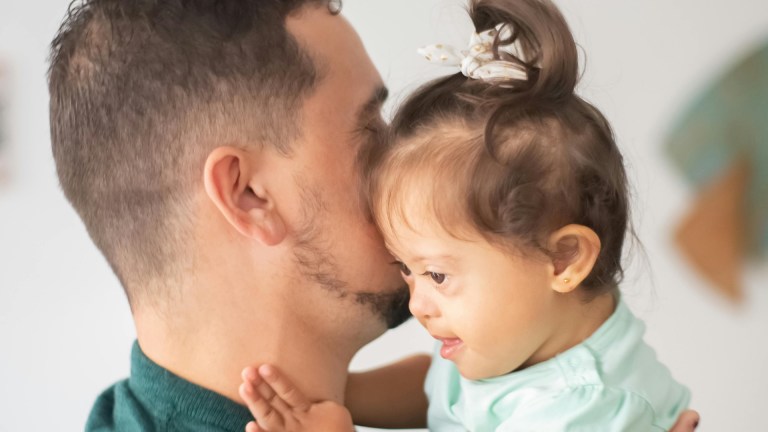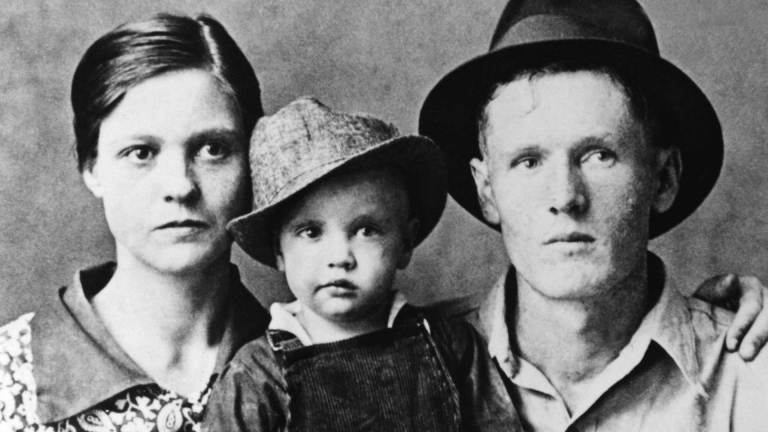Systemic misogyny and homophobia also remain rampant in British policing, as has been exhaustively documented in academic and policy research.
In 2023, the Baroness Casey Review made a series of damning findings about the “systemic racism, sexism and homophobia” within the Metropolitan Police Service.
Crucially here, the context for the Casey Review included the death of Sarah Everard, who was kidnapped, raped and murdered by white police officer Wayne Couzens.
As many readers may be aware, Sam Kerr was trying to educate the police officers of this fact, as we can see in the CCTV footage of Kerr’s arrest which has now been publicly released.
In my view at least, it’s not a crime to draw attention to someone’s ignorance or stupidity. This is especially true in the context of a victim of crime who is righteously calling out systemic racism, misogyny and homophobia in their dealings with police.
And it’s not racist to draw attention to someone’s whiteness. Calling someone “white” isn’t an insult, and it can’t be deemed racist when it doesn’t have any institutional power behind it. On the other hand, non-white people are racialised daily, and white supremacy and white ideology is structured into public institutions at every level, especially the police.
Advertising helps fund Big Issue’s mission to end poverty
Sam Kerr’s experience is far from isolated. Though these laws are designed to protect racialised and minoritised people like Kerr, their weaponisation by police is, inexcusably, both daily and routine. British police and prosecutors recently weaponised these laws against Marieha Hussain, a 37-year-old teacher. Her “crime”? Holding a placard at a Free Palestine protest supposedly offending a very powerful man indeed, the British prime minister no less!
So far mainstream media coverage of Kerr’s trial has failed to look at the systemic racism, misogyny and homophobia in British policing, or its deep links with slavery and settler colonialism.
British policing itself was founded on slavery. The earliest and longest continuing police service as recognised by UNESCO is of course the Thames River Police. The Thames River Police were based at Wapping Steps and continue to house the Marine Unit of the Metropolitan Police to this day. The purpose of the police was to protect the property of the incredibly wealthy and powerful West India Committee of Plantation and Slave Owners who funded the service, at least initially, in its entirety.
In the aftermath of the killing of George Floyd, Sandra Bland, Kumanjayi Walker and countless others at the hands of white police officers, it is everyone’s responsibility to inform themselves of the racist and settler-colonial violence of British policing, and its ongoing global legacies.
This must include paying attention to campaigns led by families who have lost loved ones at the hands of the police, who have the solutions on the prevention of police violence. In Australia, this includes the work of Dr Raylene Nixon, who is leading a campaign to ban the police chokehold (see #JusticeForStevieLee), the Day family who have led a campaign to decriminalise public drunkenness (see #JusticeForTanyaDay), the Dhadjowa Foundation, and the family and community of Kumanjayi Walker (see #JusticeForKumanjayiWalker) who are leading a campaign to disarm the police, among countless other examples.
These Indigenous-led campaigns hold the solutions for ending the violence, whiteness and stupidity of policing.
Advertising helps fund Big Issue’s mission to end poverty
These campaigns will save lives, not just Indigenous and Black lives, but those of homeless people, LGBTQ+ people, and other racialised and minoritised people.
Sam Kerr was wrongfully arrested and prosecuted under hate crime legislation designed to protect racialised and minoritised victims of crime. Her arrest by a white police officer is beyond the pale. It is an insult to racialised and minoritised people everywhere.
Amanda Porter is an associate professor of criminal law and criminology in the school of social and political sciences at the University of Melbourne.
Do you have a story to tell or opinions to share about this? Get in touch and tell us more. Big Issue exists to give homeless and marginalised people the opportunity to earn an income. To support our work buy a copy of the magazine or get the app from the App Store or Google Play.










